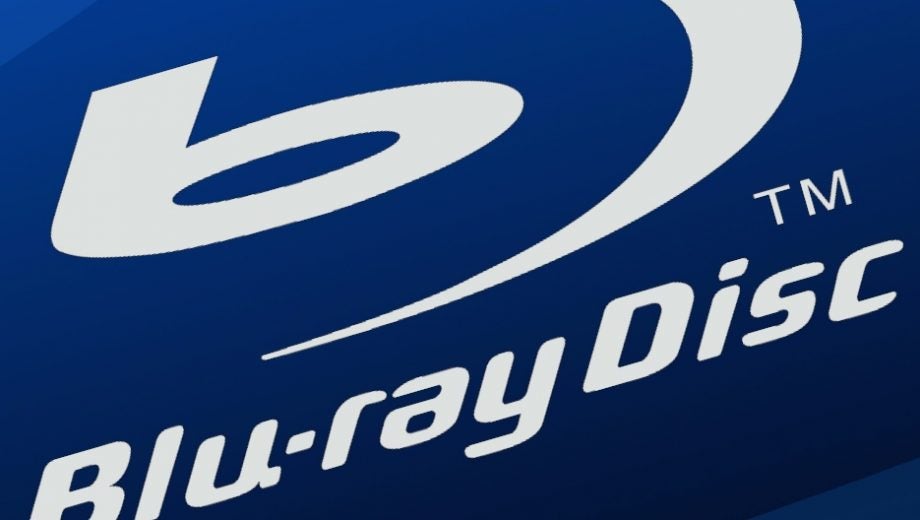4K Blu-ray standard confirmed

A standard for 4K Blu-ray players has finally been agreed upon.
The Blu-Ray Disc Association has revealed that it has reached an agreement on a batch of standards of Ultra High Definition (UHD) or 4K Blu-ray discs, reports 4K.com.
These new 4K discs will start being released towards the end of 2015.
4K Blu-ray will be about more than just a higher resolution, however, which perhaps explains why it’s taken so long to agree on a standard. It will also feature improved colour reproduction, with a new 4:4:4 standard. Current Blu-rays employ the inferior 4:2:0 colour standard.
Of course, most older TV sets and AV receivers don’t support 4:4:4, but then most people will be needing to purchase a new TV to make the most of this 4K content anyway.
The new Blu-ray standard will also feature High Dynamic Range (HDR) for greater detail in very dark and very light areas of the picture.
10-bit sampling is also supported, though TechRadar points out that you’re unlikely to notice the difference from the current 8-bit Blu-ray standard.
Read More: Best 4K TVs
Of course, these hew UHD discs will be packing significantly more data, which will be supplied in two forms – a 66GB dual-layer disc and a 100GB triple-layer disc. These will be encoded with h.265, also known as HEVC (High Efficiency Video Codec).
There won’t be any change in the audio set-up, as Dolby TrueHD and DTS HD-MA are already pretty high-end.
Interestingly, one standard that isn’t supported in 4K Blu-ray is 3D, suggesting that the era of 3D home cinema is over – if it ever truly began. We’ll always have 1080p 3D, of course.


